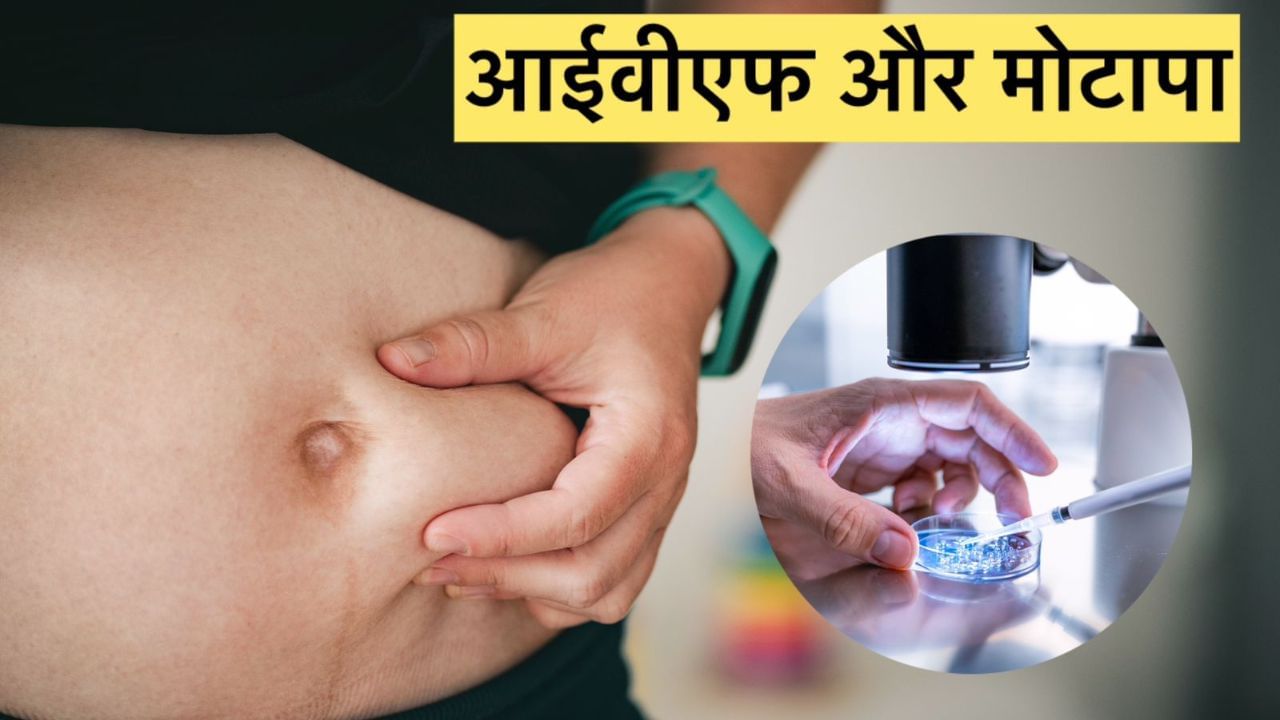Is IVF not successful in fat women?Image Credit Source: Getty Images
Ivf and obesity: In-vitro fertilization (IVF) is an auxiliary reproductive technique, in which women’s eggs and men’s sperm are added to the lab outside the body and then prepared eggs are placed in the woman’s uterus. The couples who have failed to become naturally pregnant, such as Felopian tube blockage, low sperm count, ovulation problem or unauxprained infertility. IVF occurs in several stages, including ovarian stimulation, egg retrieval, fertilization and embroidery transfer. This technique is complex and time -consuming, but has proved to be an important option to get children for millions of couples.
It is important to understand BMI to measure obesity. BMI (body mass index) is measured by comparison of body weight and length. In adults, 18.5 to 24.9 is general, 25 to 29.9 is considered overweight and 30 or more obesity. The boundary of obesity in South Asian countries is kept slightly lower 27.5 or more BMI is considered obesity. Obesity is not only an externally visible fat, but it also affects hormonal balance, metabolism and reproductive capacity. In terms of IVF, ovarian response may weaken in women with more BMI, which affects both egg quality and quantity. Also, it can have an impact on the possibility of conception and maintaining pregnancy.
Is IVF not successful in fat women?
Dr. Saloni Chadha in the Women’s Disease Department at Safdarjung Hospital tells thatObesity does not make IVF impossible, but its success may affect the rateNational library of medicine That research suggests that women with high BMI require more hormonal drugs for ovarian stimulation and yet their eggs may be less or weak. In such cases the fertilization rate and embroidery quality may decrease. Obesity can also affect the layer of uterus, which reduces the chances of implanting the fetus properly.
In addition, obesity increases the risk of complications such as miscarriage, high blood pressure, guestal diabetes and pre-term delivery after conception. However, it is not necessary that IVF fails in every fat woman. Many women are also successful, especially if they control weight before treatment and focus on improving health.
Take care of these things
To lose weight before IVF, do healthy diet and exercise.
Try to keep BMI between the correct limit i.e. 18.5 to 23.
According to the doctor’s instructions, change hormonal medicines and lifestyle.
Get sugar, blood pressure and thyroid tested on time.
During pregnancy, keep doing follow-ups and medical checkups time to time.
